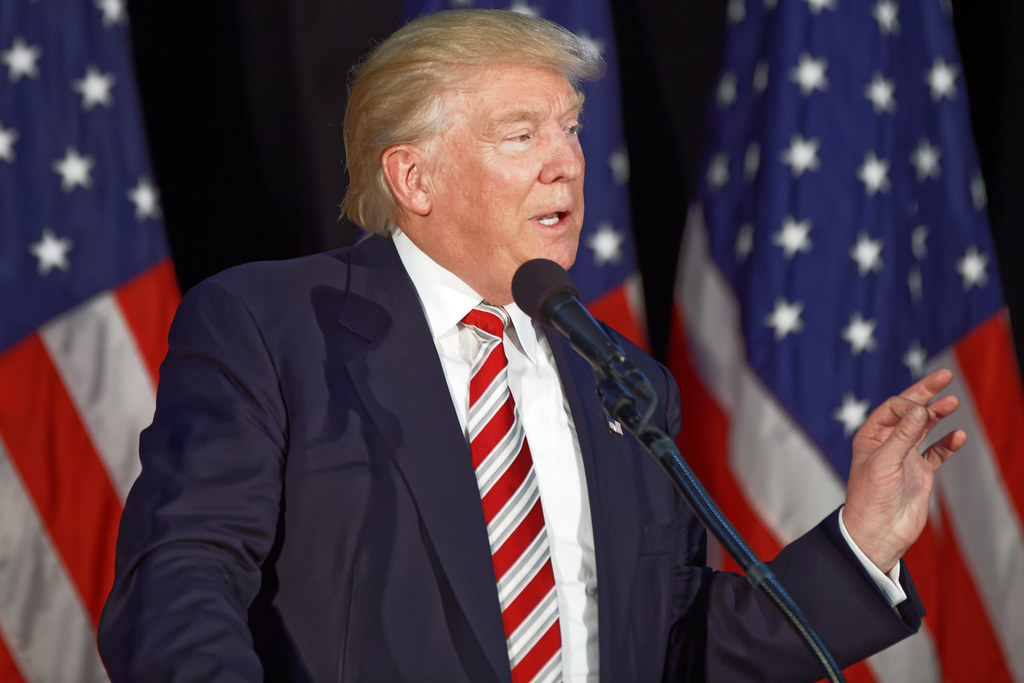Key Takeaways:
- China’s semiconductor sector faces growing pressure from US trade restrictions.
- Industry leaders call for global collaboration to drive innovation.
- Chinese firms are expanding their global presence despite challenges.
- Experts believe trade barriers could spur innovation in China’s chip industry.
Semiconductors Take Center Stage at Shanghai Trade Fair
The semiconductor industry is buzzing with activity as industry leaders and experts gather at the Semicon expo in Shanghai. Despite rising tensions between China and the US, there’s a growing call for global cooperation to push the sector forward.
The expo, which opened on Wednesday, saw a flood of visitors eager to explore the latest advancements in chip technology. Exhibitors showcased everything from silicon wafers and testing equipment to adhesives and glass pipes, highlighting the vast scope of the industry. However, the event also brought attention to the challenges faced by China’s semiconductor sector, particularly the pressure from the US and other Western governments.
US-China Trade Tensions Intensify
In recent years, the US has imposed strict trade restrictions on Chinese chip companies, citing national security concerns. President Donald Trump has vowed to tighten these curbs further, even encouraging allies to limit business ties with Beijing. These moves aim to isolate China’s semiconductor market, the second-largest in the world.
However, industry insiders remain optimistic about the future. Xiao Jincheng, co-founder of Suzhou Zunheng Semiconductor Technology Company, expressed a desire to expand globally. “It is our dream to expand globally,” he said, emphasizing the importance of collaboration across the global industrial chain.
China’s Quest for Self-Sufficiency
China has invested heavily in becoming self-sufficient in the semiconductor industry. The government has poured billions of dollars into a chip fund to support domestic innovation. While progress has been made, the sector still lags behind the US in advanced technologies.
Experts like Ram Trichur, a semiconductor specialist at Henkel, agree that isolation is not the answer. “Semiconductor innovation cannot happen in isolation,” Trichur said. “The ecosystem has to work together to be productive.”
The Challenges and Opportunities Ahead
The impact of US trade restrictions is evident. Zhou Dongdong, a product manager at Wuxi Evergrand Electronic Scientific Technology Co., admitted that the limitations have affected his company. However, he believes these challenges could lead to breakthroughs in China’s chip supply chain.
Trichur echoes this sentiment, suggesting that the hurdles faced by Chinese firms could “catalyze their innovation,” leading to significant advancements in front-end technologies.
Semiconductors: The Heart of the Global Economy
Semiconductors are the backbone of modern technology, powering everything from smartphones and electric vehicles to home appliances. As the global economy becomes increasingly reliant on these tiny chips, the ability to produce them has become a critical factor in national competitiveness.
While China is still catching up to the US in the semiconductor race, recent developments suggest that the country is making strides. For instance, the release of an AI chatbot by Chinese firm DeepSeek earlier this year demonstrated that US trade restrictions have not entirely stifled innovation in China.
A Glimpse into the Future
Despite the challenges, there’s optimism about the future. Chinese companies are eager to collaborate with global partners, as evident from the Semicon expo, where many firms showcased their foreign clients and expressed interest in forming new partnerships.
However, not everyone is comfortable discussing the sensitive topic of trade restrictions. Several companies, including a European group, declined to comment on the issue, reflecting the delicate nature of the situation.
Conclusion: The Road Ahead
The semiconductor industry is at a crossroads. While US-China trade tensions continue to cast a shadow over the sector, industry leaders remain committed to collaboration. As Xiao Jincheng said, the dream of expanding globally is still alive, and it’s a dream that requires cooperation across the globe.
The coming years will determine whether China can overcome the hurdles and become a leader in the semiconductor industry. For now, one thing is clear: the future of semiconductors is inherently global, and no country can achieve success in isolation.
